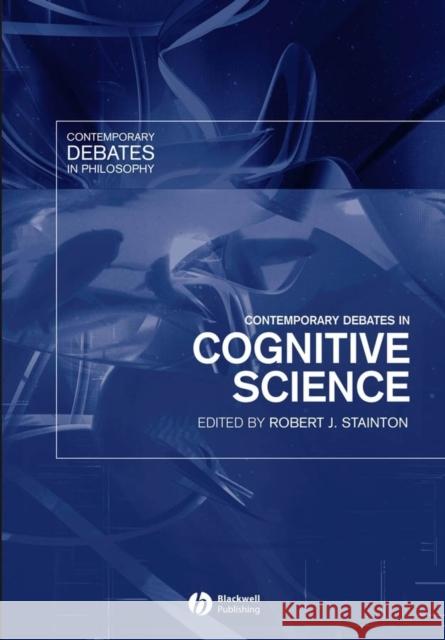Contemporary Debates in Cognitive Science » książka
topmenu
Contemporary Debates in Cognitive Science
ISBN-13: 9781405113045 / Angielski / Twarda / 2006 / 360 str.
Contemporary Debates in Cognitive Science
ISBN-13: 9781405113045 / Angielski / Twarda / 2006 / 360 str.
cena 520,44
(netto: 495,66 VAT: 5%)
Najniższa cena z 30 dni: 514,09
(netto: 495,66 VAT: 5%)
Najniższa cena z 30 dni: 514,09
Termin realizacji zamówienia:
ok. 30 dni roboczych.
ok. 30 dni roboczych.
Darmowa dostawa!
This volume introduces central issues in cognitive science by means of debates on key questions.
- The debates are written by renowned experts in the field.
- The debates cover the middle ground as well as the extremes
- Addresses topics such as the amount of innate knowledge, bounded rationality and the role of perception in action.
- Provides valuable overview of the field in a clear and easily comprehensible form.











